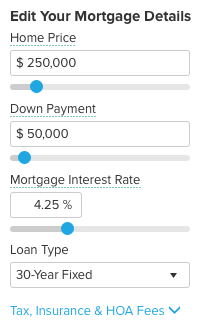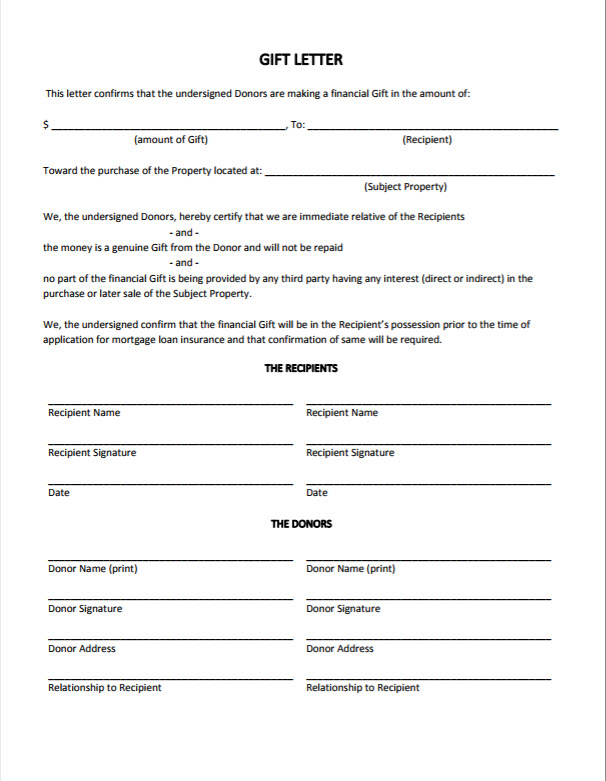If you're 62 or older and want cash to settle your home mortgage, supplement your earnings, or pay for healthcare expenses you might think about a reverse mortgage. It permits you to convert part of the equity in your house into money without needing to offer your house or pay extra regular monthly bills.
A reverse home mortgage can utilize up the equity in your home, which means fewer properties for you and your successors. If you do choose to look for one, review the different kinds of reverse home mortgages, and contrast store prior to you choose a specific company. Continue reading to find out more about how reverse mortgages work, certifying for a reverse home loan, getting the very best offer for you, and how to report any fraud you may see.

In a mortgage, you get a loan in which the loan provider pays you. Reverse mortgages take part of the equity in your house and transform it into payments to you a sort of advance payment on your home equity. The cash you get normally is tax-free. Typically, you do not need to repay the cash for as long as you live in your house.
Often that indicates offering the home to get money to pay back the loan. There are 3 sort of reverse mortgages: single function reverse mortgages provided by some state and city government agencies, in addition to non-profits; exclusive reverse home loans personal loans; and federally-insured reverse home mortgages, also called House Equity Conversion Home Mortgages (HECMs). how mortgages work.
How Do Land Mortgages Work - An Overview
You keep the title to your home. Instead of paying monthly mortgage payments, however, you get a bear down part of your house equity. The cash you get normally is not taxable, and it typically won't impact your Social Security or Medicare advantages. When the last surviving customer dies, sells the house, or no longer lives in the home as a primary residence, the loan needs to be paid back.
Here are some things to consider about reverse mortgages:. Reverse home mortgage loan providers normally charge an origination cost and other closing costs, in addition to servicing charges over the life of the home mortgage. Some likewise charge home mortgage insurance premiums (for federally-insured HECMs). As you get cash through your reverse home mortgage, interest is included onto the balance you owe each month.
Many reverse home mortgages have variable rates, which are tied to a financial index and change with the market. Variable rate loans tend to offer you more choices on how you get your cash through the reverse home mortgage. Some reverse mortgages mainly HECMs use fixed rates, but they tend to need you to take your loan as a lump amount at closing.
Interest on reverse mortgages is not deductible on tax return till the loan is settled, either partly or in full. In a reverse mortgage, you keep the title to your house. That implies you are accountable for real estate tax, insurance coverage, energies, fuel, maintenance, and other expenditures. And, if you do not pay your home taxes, keep property owner's insurance, or maintain your home, the loan provider may need you to repay your loan.
Our How Do Second Mortgages Work In Ontario Statements
As a result, your lending institution may need a "set-aside" total up to pay your taxes and insurance coverage during the loan. The "set-aside" reduces the quantity of funds you can get in payments. You are still responsible for preserving your house. With HECM loans, if you signed the loan documentation and your spouse didn't, in particular scenarios, your spouse may continue to reside in the home even after you die if he or she pays taxes and insurance coverage, and continues to keep the residential or commercial property.
Reverse home mortgages can use up the equity in your house, which implies less possessions for you and your beneficiaries. Many reverse home loans have something called a "non-recourse" clause. This suggests that you, or your estate, can't owe more than the worth of your home when the loan ends up being due and the home https://kameronjblf328.creatorlink.net/little-known-questions-about-how-do is offered.
As you think about whether a reverse home loan is ideal for you, likewise consider which of the 3 kinds of reverse home loan might finest fit your requirements. are the least costly option - how mortgages work for dummies. They're used by some state and local government agencies, in addition to non-profit organizations, however they're not available everywhere.
For instance, the lender may say the loan may be used just to spend for house repairs, improvements, or home taxes - how do arms work for mortgages. Many homeowners with low or moderate income can qualify for these loans. are personal loans that are backed by the business that establish them. If you own a higher-valued house, you may get a bigger loan advance from a proprietary reverse home mortgage.
Fascination About How Do Mortgages Work In Ontario
are federally-insured reverse mortgages and are backed by the U. S. Department of Housing and Urban Advancement (HUD). HECM loans can be used for any purpose. HECMs and proprietary reverse home mortgages may be more pricey than traditional home mortgage, and the in advance costs can be high. That's important to think about, especially if you plan to remain in your home for simply a brief time or obtain a percentage.
In general, the older you are, the more equity you have in your home, and the less you owe on it, the more cash you can get. Prior to applying for a HECM, you should satisfy with a counselor from an independent government-approved real estate therapy company. Some loan providers offering exclusive reverse home mortgages also need counseling.

The counselor likewise needs to discuss the possible options to a HECM like government and non-profit programs, or a single-purpose or proprietary reverse home mortgage. The counselor also needs to have the ability to help you compare the costs of different kinds of reverse mortgages and tell you how different payment alternatives, charges, and other expenses affect the overall cost of the loan in time.
Therapy companies generally charge a charge for their services, often around $125. This fee can be paid from the loan proceeds, and you can not be turned away if you can't pay for the charge. With a HECM, there normally is no specific income requirement. Nevertheless, lenders should carry out a financial assessment when deciding whether to approve and close your loan.
How Do Mortgages Work In Mexico for Beginners
Based upon the outcomes, the loan provider might require funds to be set aside from the loan continues to pay things like real estate tax, property owner's insurance, and flood insurance (if appropriate). If this is not needed, you still might concur that your lending institution will pay these products. If you have a "set-aside" or you consent to have the loan provider make these payments, those amounts will be deducted from the quantity you get in loan proceeds.
The HECM lets you select among numerous payment alternatives: a single disbursement alternative this is only available with a set rate loan, and usually uses less money than other HECM options. a "term" option repaired month-to-month money advances for a particular time. a "tenure" alternative fixed monthly money advances for as long as you reside in your home.
This option limits the quantity of interest enforced on your loan, since you owe interest on the credit that you are utilizing. a mix of regular monthly payments and a line of credit. You might be able to alter your payment alternative for a small cost. HECMs usually provide you larger loan advances at a lower overall expense than exclusive loans do.